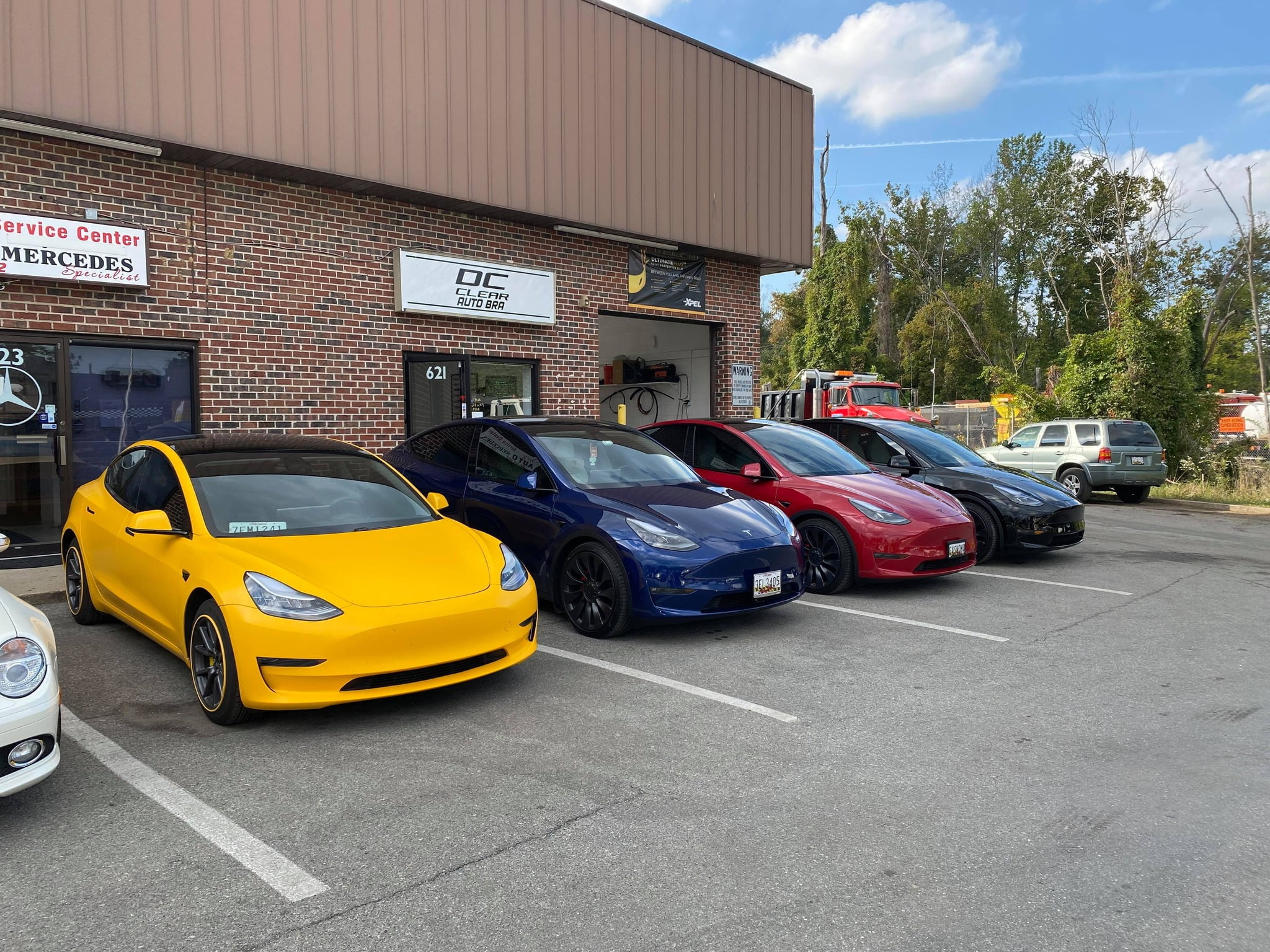[et_pb_section fb_built=\”1\” _builder_version=\”3.22\” fb_built=\”1\” _i=\”0\” _address=\”0\”][et_pb_row _builder_version=\”3.25\” _i=\”0\” _address=\”0.0\”][et_pb_column type=\”4_4\” _builder_version=\”3.25\” custom_padding=\”|||\” _i=\”0\” _address=\”0.0.0\” custom_padding__hover=\”|||\”][et_pb_text _builder_version=\”3.29.2\” _i=\”0\” _address=\”0.0.0.0\”]
Are self-driving cars the answer to our problems? Or will they lead to a whole new kind of trouble? The answer to these questions and more has been a source of heated debate over recent years as more and more company look towards the potential of self-driving cars as part of their future business goals.
For as long as humans have existed, they have been using tools of various kinds to help them live easier, more comfortable lives. This can be seen in everything from the discovery of how to start a fire down to the recent smartphone craze that has swept the world. With the way technology has advanced over the last decade, quite a few theories and ideas have sprung up about where it is all heading.
For the immediate future though, people have begun to focus their attention on the implication of allowing self-driving cars to become a normal, daily feature of public roadways. While the technology is actively being developed already, everyone agrees that there are still quite a few kinks to get sorted out before it can be seen as anything more than a novel experiment by various corporations. To help people develop their own opinions about the implications of self-driving cars, our team here at DC Clear Auto Bra has put together a few pros and cons that should be considered.
The Good
Even without self-driving cars on the road, there were nearly 5.5 million car accidents per year in America according to a 2010 report by the National Highway Traffic Safety Administration. More importantly, about 81% of those accidents were caused by human error. Its an unavoidable fact of life that people can make mistakes. Drivers can get distracted, judge a situation poorly, or even become emotional in a way that puts themselves and others at risk.
The driving hope behind the development of self-driving cars is that an impartial machine will make far fewer irrational decisions than a human driver would. For those who are staunch supporters of self-driving cars, this means that an incredible reduction in accidents, injuries, and even fatalities is expected as more and more self-driving cars take over the responsibilities of transporting people.
In addition to the big impact that fewer human-caused accidents would have overall there are several other benefits to consider, including:
- An overall reduction in traffic jams, commute times, and gas usage as more and more self-driving cars on the road normalize the flow and speed of traffic.
- An increase in speed limits on various roadways based on the safety and precision afforded by self-driving cars.
- A decrease in incidences of “drunk driving” and other forms of intoxication that has the potential to save lives every year.
- A decrease in speeding and traffic tickets which would allow police to shift their focus towards other, more important duties.
The Bad
One of the biggest reasons that many people are against the idea of self-driving cars is the impact this change would have on the economy, and by extension, the livelihoods of individuals involved in various automotive industries. Whether you own a self-driving car or take advantage of the potential to share one between members of a small community, the need to call a driver is reduced, and in some cases, eliminated.
Many corporations, such as Uber, Lyft, and even taxi cab companies, are turning their attention towards self-driving cars as a way to cut out the cost of paying human drivers. There is also a growing concern about the impact this change will have on the trucking industry. This means that about 3.5 million professionally trained drivers in the U.S. alone are facing the prospect of becoming an obsolete piece of “hardware” in their vehicles.
Alongside the widespread loss of jobs across various industries, there are several other important things to consider about the drawbacks of self-driving cars, including:
- A widespread reduction in police presence as the demand for traffic cops decreases, and the need to hire and train new officers also decreases.
- The need for the human owners of self-driving cars to undergo specialized training so they can take over from the automated system quickly and efficiently when needed.
- The increased risk of hacking and cyberterrorism incidents due to the presence of so many computerized elements inside every vehicle.
- The lack of ability to place immediate blame in a traffic accident as focus shifts away from the driver to the manufacturer, software engineers, parts vendor, and other sources.
The Takeaway
While the technology is still being developed and is far from being at a point where it will be widespread on the roadways of the world. There are important things to think about on both sides when deciding whether or not to support the technology. While it just makes sense to implement new systems and forms of automation that can reduce traffic and make roadways safer for everyone, the rush towards autonomous control of the vehicles we ride in poses serious concerns about job markets, liability, and new and unforeseen security risks.
It is always important to make your own decisions when choosing to support or reject any new or emerging technology, and it is good to feel confident that the decision you are making is an informed, educated choice. At DC Clear Auto Bra, we hope that by giving you a little more insight into the situation, you will be better equipped to approach the issue.
[/et_pb_text][/et_pb_column][/et_pb_row][/et_pb_section]




